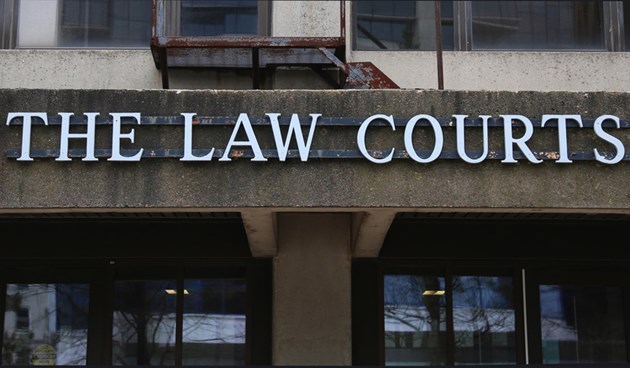THUNDER BAY — The docket in the Thunder Bay courthouse on Wednesday, March 20 showed 85 scheduled hearings for family law matters on that day alone.
Settling marriage breakups and other family law issues can sometimes be a prolonged process involving significant stress and big legal bills.
In over half of the family cases in Canadian courts, one or both parties appear without a lawyer.
The Law Foundation of Ontario says, however, that the inability to afford a lawyer isn't the only reason some individuals go to court on their own.
"Other reasons include the rise of 'do it yourself' social attitudes, the increasing availlability of self-help information, and a perception among some self-represented litigants that having a lawyer does not necessarily get them better results," the foundation said Wednesday in announcing a new service for people to find legal help.
The Family Law Limited Scope services Project is a private-bar driven collaboration aimed at improving access to justice for middle and lower-income Ontarians by increasing the use of "limited scope" services.
These are specific legal services that clients may choose to hire a lawyer for.
"Clients and lawyers can work together to break down the legal matter into a list of discrete tasks and then divide those tasks, deciding which ones the lawyers will be hired to complete and which ones are the responsibility of the client," the announcement stated.
It said this new approach gives people an option that falls between full legal representation and no representation at all.
Depending on the lawyer, services can be provided in-person or via phone, email or video conference.
The foundation listed some examples of limited scope services including:
- limited scope retainers, such as court document drafting, or in-court representation on a single appearance
- legal coaching, which is when lawyers assist clients by offering advice, guidance and support
- summary legal counsel, which is when lawyers provide day-of-court assistance for a fee to unrepresented litigants not eligible for Legal Aid
The project's website provides details of the project and houses a searchable directory of Ontario lawyers who are willing to offer limited services.
Foundation chair Linda Rothstein described as "unprecedented and innovative" the participation of private bar organizations, the courts and a research and evaluation component that will examine the impact of the project and ways to improve it.
The project's advisory committee includes members of the Ontario Bar Association family law section, the Federation of Ontario Law Associations, the Association of Family and Conciliation Courts, the Family Lawyers Association, the Superior Court of Justice, the Ontario court of Justice, and experts in non-traditional legal services delivery.
Foundation CEO Tanya Lee said the project "tackles the critical issue of cost, leverages the expertise of family law lawyers, [and] trains and supports them to provide different kinds of affordable legal help."
- TBnewswatch.com
